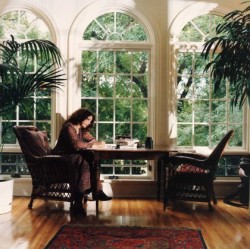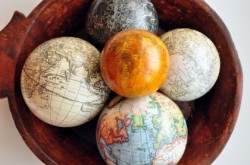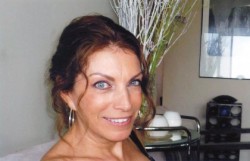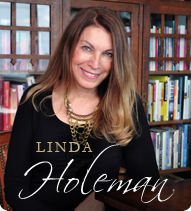
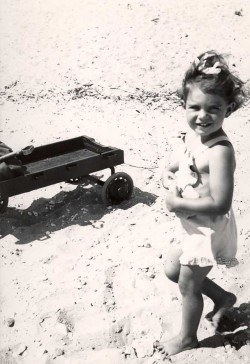
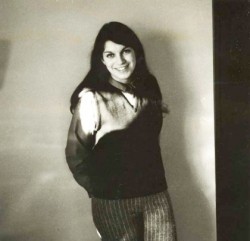
I have been a bibliophile from the first book I ever bought: a used copy of Greyfriers Bobby, when I was eight years old. Sad books about faithful dogs were my favourites at that age; maybe some of that darker side of life has stayed with me, later apparent in my own work. I bought that little tattered book at a church jumble sale, and it cost five cents. Since then, I’ve been collecting books.

